Assessment confirms environmental advantages of offshore aquaculture systems
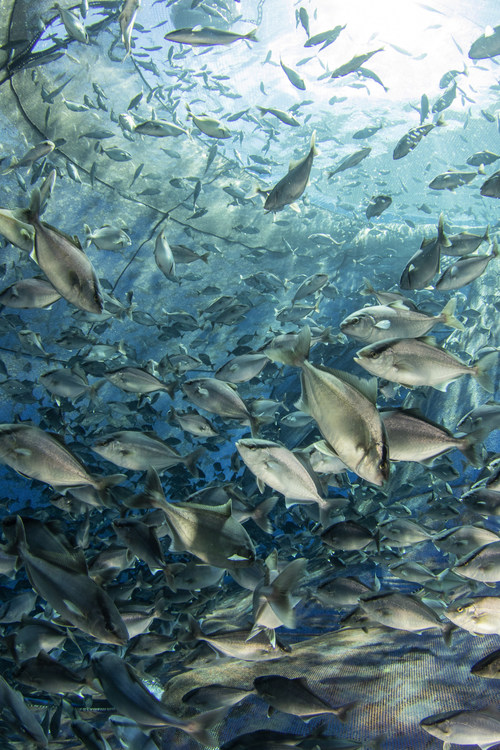
An environmental assessment conducted by The Nature Conservancy has confirmed that kanpachi farmed by Forever Oceans is a low-carbon fish with a minimal impact on the ocean floor.
Forever Oceans is the first company to execute commercial deep-water, offshore aquaculture by applying a suite of advanced technologies. By operating in water more than 100 meters deep using patented single-point moorings, satellite-controlled robotics and AI-driven sensors and cameras, the company is growing fish in the clean, open ocean. Forever Oceans is currently raising kanpachi off the west coast of Panama and selling its products in the United States.
The environmental assessment was conducted to establish a baseline for the company’s environmental performance, as well as determine next steps to meet its sustainability goals for the future.
“We’re proud to have worked closely with The Nature Conservancy in carrying out this environmental assessment of our operations,” said Bill Bien, CEO of Forever Oceans. “The findings confirm that our approach to raising fish can have significantly less of an impact than traditional forms of aquaculture. Our near-term aim is to be scope one and two carbon neutral by 2027. This is a bold goal, but we feel confident in taking on the challenges to achieve it.”
As the assessment revealed, the carbon footprint for Forever Oceans fish is estimated to be less than one-fourteenth of that for beef. The farm-gate footprint of Forever Oceans Kampachi is estimated at less than 5 kg of carbon per kilogram of fish produced, which is less than global average emissions for farmed salmon and is therefore a comparatively low-emission form of animal protein.
The assessment also confirmed that Forever Oceans’ approach to raising fish is likely to have a negligible impact on the ocean floor – a point of differentiation in one of the key areas of environmental concern for finfish aquaculture. Based on the modeling of Longline International, the average deposit rate of carbon dioxide equivalent produced by Forever Oceans operations in Panama is an order of magnitude less than the “best” Atlantic Canada Sediment Sulphide Classifications and Estimated Carbon Loading Rate, the leading international standard (0.048 g CO2/m2/d vs 1.0 g CO2/m2/d).
“Our work with Forever Oceans demonstrates the environmental advantages of offshore aquaculture systems. With the right intent and practices, these systems can contribute to building a low-carbon food system and operate in harmony with ocean ecosystems,” said Robert Jones, global lead for The Nature Conservancy’s Aquaculture Program. “We commend Forever Oceans for taking a proactive approach and moving forward with a scientifically rigorous process to develop its sustainability goals and encourage other operators to do the same.”
See the full TNC assessment report here.
Follow the Advocate on Twitter @GSA_Advocate
Now that you've reached the end of the article ...
… please consider supporting GSA’s mission to advance responsible seafood practices through education, advocacy and third-party assurances. The Advocate aims to document the evolution of responsible seafood practices and share the expansive knowledge of our vast network of contributors.
By becoming a Global Seafood Alliance member, you’re ensuring that all of the pre-competitive work we do through member benefits, resources and events can continue. Individual membership costs just $50 a year.
Not a GSA member? Join us.
Author
-
Responsible Seafood Advocate
[103,114,111,46,100,111,111,102,97,101,115,108,97,98,111,108,103,64,114,111,116,105,100,101]
Tagged With
Related Posts
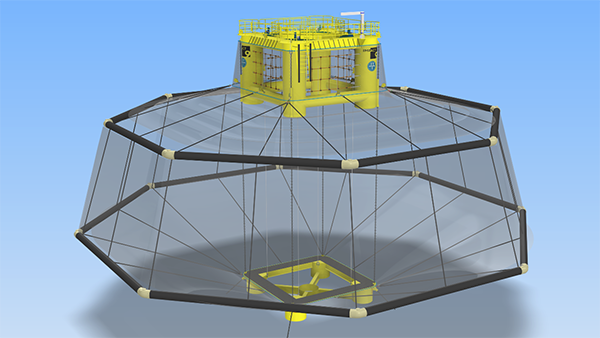
Intelligence
Wind turbine-powered offshore fish farm tech aims to boost salmon production in Scotland
Impact-9 claims its prototype submersible, floating offshore fish farm enclosure, ready for testing, could produce up to 2,500 tons of salmon a year.
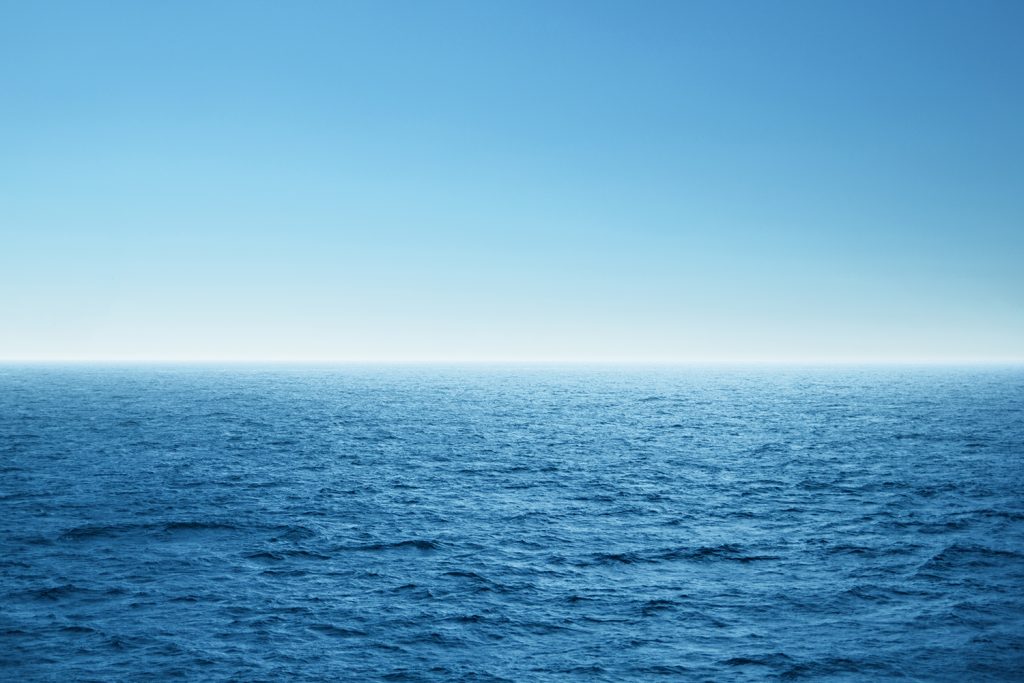
Intelligence
EDF’s Rod Fujita discusses offshore aquaculture opportunities and potential pitfalls
Rod Fujita of Environmental Defense Fund discusses new offshore aquaculture research and what missteps a 'nascent' U.S. industry must avoid.
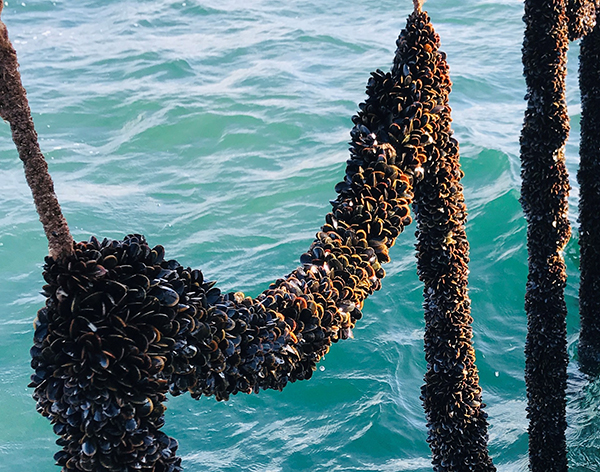
Responsibility
Study: Offshore mussel farms could benefit marine environment
A University of Plymouth study suggests that offshore aquaculture farms could potentially benefit the wider marine environment.
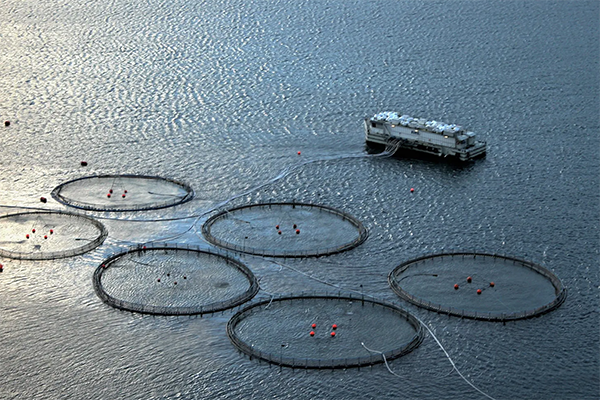
Innovation & Investment
Report: With the right technology, ocean renewable energy can power offshore aquaculture
A new report says ocean renewable energy has the potential to power offshore aquaculture and decrease the environmental impact of operations.



